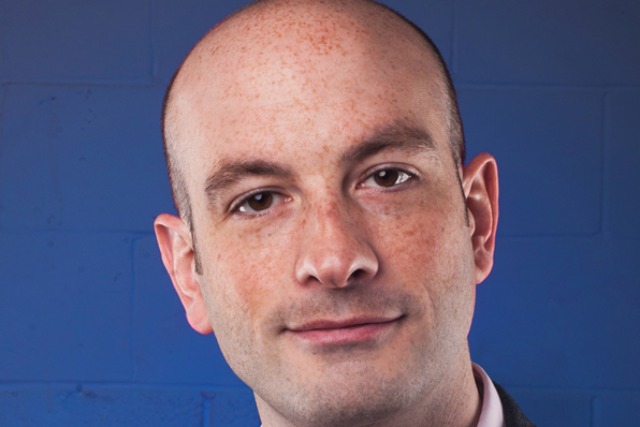At Direct Line Group, not only do we have the Direct Line insurance brand, we also own Churchill, Privilege and Green Flag roadside assistance. Servicing all four brands using the traditional method of engaging multiple agencies would have been unnecessarily expensive and complex.
So when I joined the business at the end of 2012, I decided to recreate something I previously did as head of digital at Three – only on a much bigger scale. I built a team of in-house digital experts: in effect, an in-house digital agency.
Having worked both with agencies and staff teams, I have found that there are many benefits to building my own teams from scratch.
We can create prototypes within weeks, instead of months, without having to worry about contracts, commercial deals and in-depth briefs.
If you want to aggressively drive performance, you need speed and agility, and you don’t get that with service-level agreements and being on someone else’s schedule. Having everything in-house means that you can quickly connect teams, whether they are specific to the digital department or part of the wider business.
There’s an increase in accountability, too – especially from a performance aspect, which simply does not exist when working with agencies.
In-house staff get to know the brands better and come to understand how the business is thinking at a faster rate.
However, there are challenges to this way of working. Getting buy-in from the wider business can be a struggle, as it’s not the conventional way of doing things, but that can be avoided with a solid, open communication plan.
The recruitment can be tricky, too. In the end, we built a team of 45 people from scratch, across design, development and delivery. Nonetheless, making sure you have the right people is time-consuming, and (ironically) I would advise using a specialist recruitment agency to get those people in place. Put as much energy as possible into bringing in the right heads and team leaders.
At Direct Line Group, the customer is already benefiting from our set-up. We can create prototypes within weeks, instead of months, without having to worry about contracts, commercial deals and in-depth briefs.
We rolled out a new platform within nine months of starting this process: in a traditionally slow-moving organisation, and in a new team that wasn’t yet fully formed, that’s pretty disruptive.
But you have to keep your team engaged and create the pace and energy inherent to agencies, so we’ve put a serious focus on upskilling, including the formation of a training academy. Team members can get involved in other roles, develop new abilities and grow as individuals. It’s not realistic to think that everyone wants to be a lifer, so we want people to come to us, do their best work, learn and progress – whether that’s within the group or elsewhere. Even an agency.


